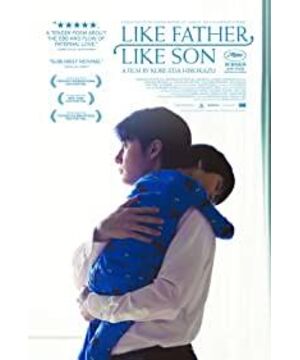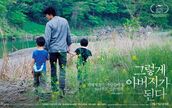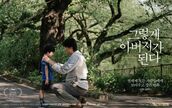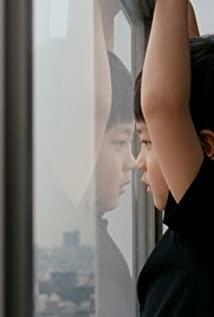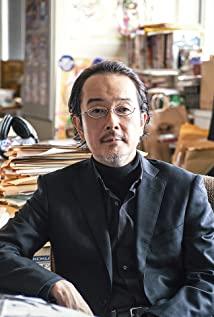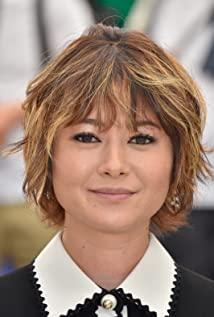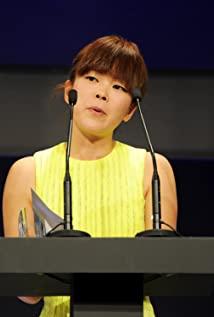But it is Hirokazu Koreeda after all, so we see very branched shots and details, many Japanese feelings that deliberately play down the contradictions and forbearance, but they can't hide the thinness of the film itself, director Jack Su's upper body is like From the beginning to the end, it focuses on Fukuyama’s father’s mental journey and choices from a single perspective. Fukuyama’s male god is like the sun, and other characters are just his background, such as his wife who has no opinion and submissiveness, such as basically Fukuyama (a tall and handsome urban elite). Male) is the opposite of another dad (ugly and rude country diaosi), and the feelings of the children of the biggest victims are all over the place, these two are kept in the dark and are kicked like a ball by two families The children of the past, especially Fukuyama's son, his emotions, his unease and forbearance, his resignation, it seems that in the end it is only to set off the pictures that contain his love for his father in the climax of the film, and to complete the promotion of the protagonist. It was only the task of making the final decision, so Gao Fushuai's father had an epiphany, confessed, and his son forgave it, and then everyone was happy. Tell us that blood isn't the only bond to being a father, but just flying kites with your kids and having fun?
It's Hirokazu Koreeda who is my favorite Japanese director, but the father-like-son really disappoints me.
View more about Like Father, Like Son reviews


